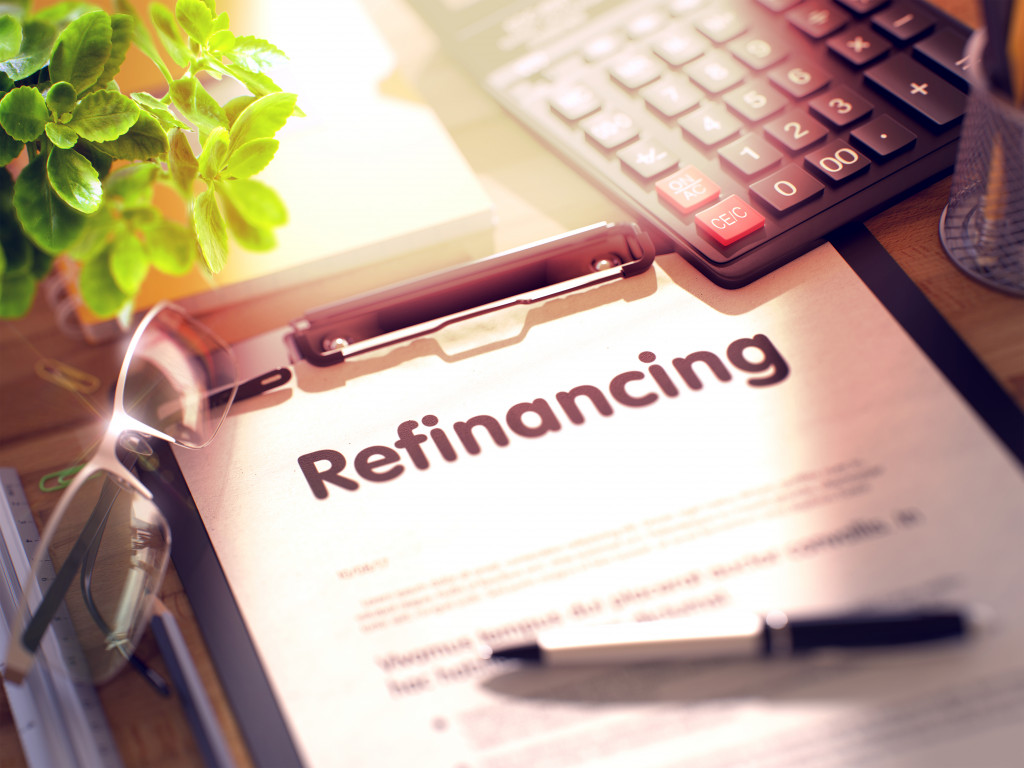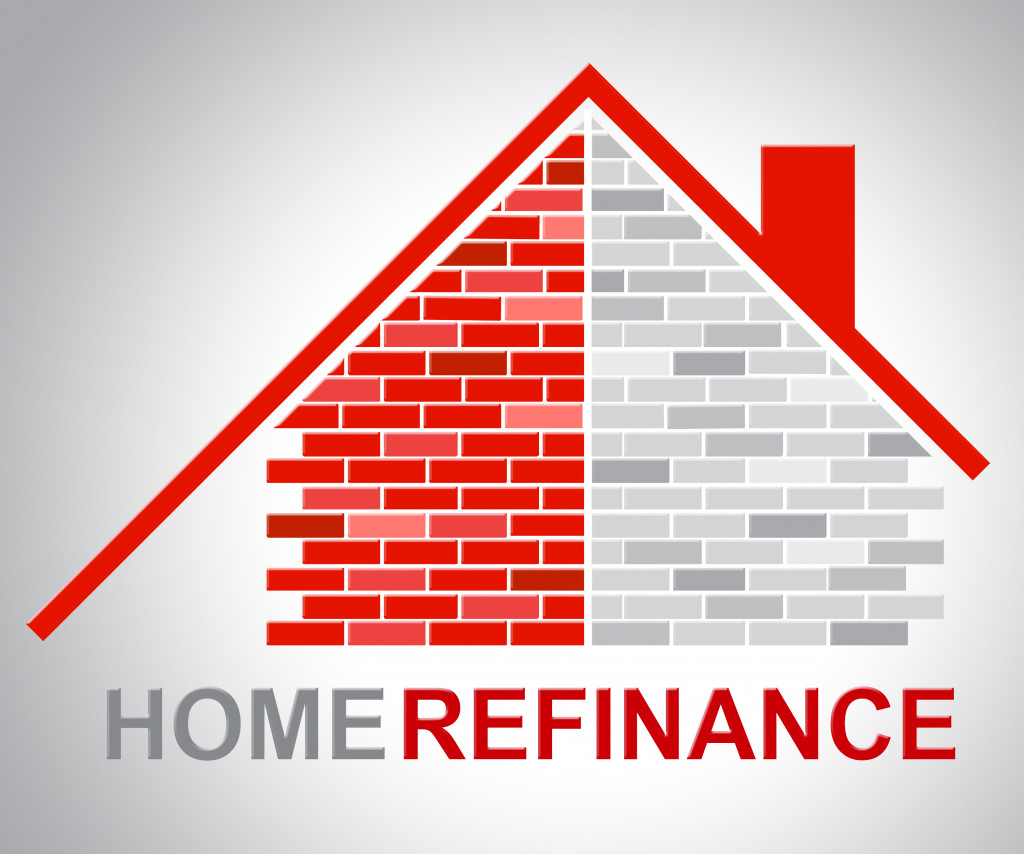As a first-time homebuyer, it can be overwhelming to navigate the waters of real estate and mortgages when you have no one by your side. But even if you had an expert guiding you along the way, you might still encounter problems that you never thought was possible until it was right there in front of you.
In such circumstances, your best option will be to seek the advice of professionals about how you can solve the problems at hand. This is because you can bank on their experiences and expertise in the field to push you in the right direction. The uncertainties may be frightening, but you have to face them nonetheless.
Making big decisions about your finances, home, and future can be a lot to take in all at once. This can lead you to make rash decisions that you will eventually regret making. But lucky for you, nothing is ever set in stone because even complex agreements have loopholes. You just have to know how to find them.
What Is Refinancing?

This can apply to your current mortgage plan. Now you might think that there’s no way you can get out of your mortgage agreement until after the duration has passed. If that’s the case, then you’re going to be stuck with an outdated plan that you need to adhere to for the next two to three decades.
But that’s where you’re going to be wrong. Homeowners actually have the option to get out of their current mortgage through refinancing. This essentially means that they can pay off their existing loan to replace it with one that has lower interest rates or with a shorter duration.
Refinancing can also be done when the homeowner wants to tap into their home’s equity for large expenses. This can include medical emergencies, debt consolidation, renovations, or to afford a big purchase that they won’t be able to afford with the money in their bank alone.
Types of Refinancing
There a lot of reasons why homeowners choose to refinance despite it being a risky financial move. So before you push through with a refinance, consider the pros and cons carefully to make the right decision. You can look into the refinancing options available to you, such as:
1. Cash-out Refinancing
In a nutshell, a cash-out refinance means that you’re going to take another loan that is equal to the loan balance you already have along with parts of your home’s equity. This can allow you to lower your mortgage’s interest rate or at least, afford to buy the big-ticket items that you want to have.
However, this option has cons like everything else in life. By refinancing through this manner, you can be extending your mortgage to another term, which means you will have to pay for it longer. It might also come with closing costs and stricter requirements before you can be approved.
But if you think about it, the pros mentioned here easily outweigh the cons of this refinance option. So if you want to know how to use a cash-out refinance in your situation, you need to consult this immediately with your mortgage provider to know if it’s feasible.
2. No-closing-cost Refinance
Another refinancing option that you can consider is the no-closing-cost refinance. From the name itself, you can gather that if you were to go with this option during your refinancing, you won’t have to pay closing costs on the new loan. But this doesn’t mean your lender will let you go unscathed.
For this situation, the no-closing cost will only mean that the borrower’s fee will be pooled with your principal loan or exchanged for a higher interest fee. So instead of paying the closing costs in a lump sum, they will be included in your monthly payments without affecting your interest rate.
In some cases, the lender might offer higher interest rates in exchange for waiving the closing costs. So if you were to take this offer, you will still be paying more each month not because of an increase on your principal loan, but because of the higher interest rate.
As mentioned earlier, refinancing a loan is a big decision that you can’t make without weighing the pros and cons. This is because a refinance can be beneficial to your situation and help you save more money in the long run, but it can also end up costing you more if you’re not careful.
So ask around for expert advice and research your options before you make any financial decisions. Remember that this is your finances and future on the line, therefore, you must do everything in your power to ensure that the choices you make will benefit you.

